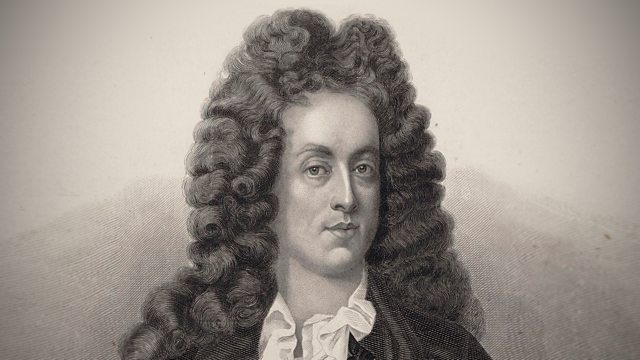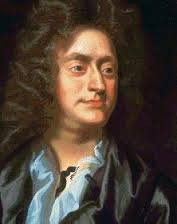Henry Purcell, one of the most celebrated English composers of the Baroque era, left an indelible mark on the world of classical music. Here are ten fascinating facts about this musical genius:
- Precocious Talent: Henry Purcell was born in Westminster, London, in 1659. Despite losing his father at a young age, he displayed remarkable musical talent early on. By the age of 8, he became a chorister at the Chapel Royal, where he received an excellent musical education.
- Master of Many Instruments: Purcell was not only a brilliant composer but also a proficient performer. He was skilled at playing various instruments, including the organ, harpsichord, and violin. His prowess as a multi-instrumentalist contributed to the diverse and intricate nature of his compositions.
- Royal Composer: Purcell served as the organist at Westminster Abbey and later became the official composer for King James II. His works were frequently performed at royal events and ceremonies, solidifying his reputation as a composer of great distinction.
- Opera Innovator: Purcell is often regarded as one of the pioneers of English opera. His most famous opera, “Dido and Aeneas,” composed around 1688, is a masterpiece that showcases his ability to blend emotive vocal lines with rich orchestration, creating a work of enduring beauty.
- Cultural Fusion: Purcell’s music reflects a unique blend of English, Italian, and French influences. He skillfully incorporated various styles into his compositions, creating a distinct musical language that set him apart from his contemporaries.
- Purcell’s Final Resting Place: The exact circumstances of Purcell’s death at the young age of 36 remain unclear. He was buried with little ceremony in Westminster Abbey, and the location of his grave was lost over time. In 1876, a memorial plaque was erected in his honor.
- Innovative Use of Instruments: Purcell’s compositions showcase his innovative use of instruments. His ability to exploit the unique qualities of each instrument contributed to the rich textures and expressive power of his music. His instrumental works, such as the “Sonatas of Three Parts,” exemplify this skill.
- Prolific Songwriter: Purcell composed over 800 works during his relatively short life. His output includes anthems, chamber music, theatrical music, and instrumental compositions. Despite his prolificacy, each work bears the mark of his distinctive style and creativity.
- Legacy in Church Music: Purcell’s contributions to sacred music are significant. His anthems and sacred choral works, such as “Te Deum” and “Jubilate,” continue to be performed in churches and cathedrals around the world, attesting to the enduring appeal of his religious compositions.
- Influence on Later Composers: Purcell’s impact extended beyond his lifetime, influencing later composers such as Benjamin Britten. Britten admired Purcell’s ability to express deep emotion through music and arranged several of Purcell’s works, ensuring the continued recognition of this Baroque master in the modern era.


Comments are closed